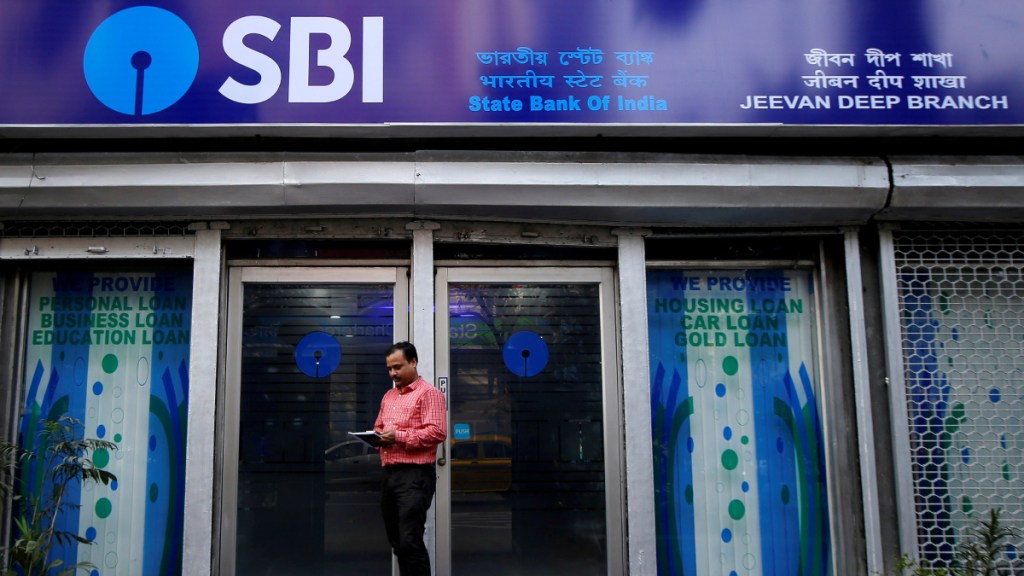The country’s largest lender, State Bank of India has written letters to the Reserve Bank of India (RBI), urging it to classify loans to the sectors, which are using carbon emissions reducing technologies, as priority sector lending.
“We have written to the RBI that you please include emission reduction technology as the priority sector.
“For example, electric vehicles, electric buses, renewable energy, solar energy and carbon trading.
“All of these can be made priority sector,” SBI managing director Ashwini Kumar Tewari told reporters on the sidelines of 16th Banking Colloquium, organised by CII, here on Thursday.
Currently, priority sector lending guidelines require banks to allocate 40% of their loan book for these sectors.
Tewari said SBI will begin the process of encouraging corporates to implement carbon emission reduction technologies to get better terms for availing loans.
“In ESG (environmental, social and governance), we are focusing more on the environment part.
“We will now begin to ask companies on their plans for emission reduction. We will start the process,” Tewari said.
At present, SBI gives 25 basis points concession on interest rates for electric vehicles.
“We have ESG scores. But it is not mandatory (while sanctioning loans to corporates).
“We don’t penalise anybody because of it. We are trying to stay positive. We will encourage corporates to implement emission reduction technology…In case the score is better, the terms (for loans) will be better,” Tewari said.
He said the lender will have sector-wise conversations on companies’ plans on implementing technologies in order to reduce carbon emissions. “Because talking to everybody together will be very difficult.”
Notably, India stands committed to reduce emissions intensity of its GDP by 45% by 2030 from 2005 level.
The government said that India stands committed to combat climate change through its several programmes and schemes including the National Action Plan on Climate Change (NAPCC) which comprises of missions in specific areas of solar energy, energy efficiency, water, sustainable agriculture, Himalayan ecosystem, sustainable habitat, health, green India, and strategic knowledge for climate change.
The National Solar Mission under the NAPCC is one of the key initiatives to promote sustainable growth while addressing the country’s energy security.

